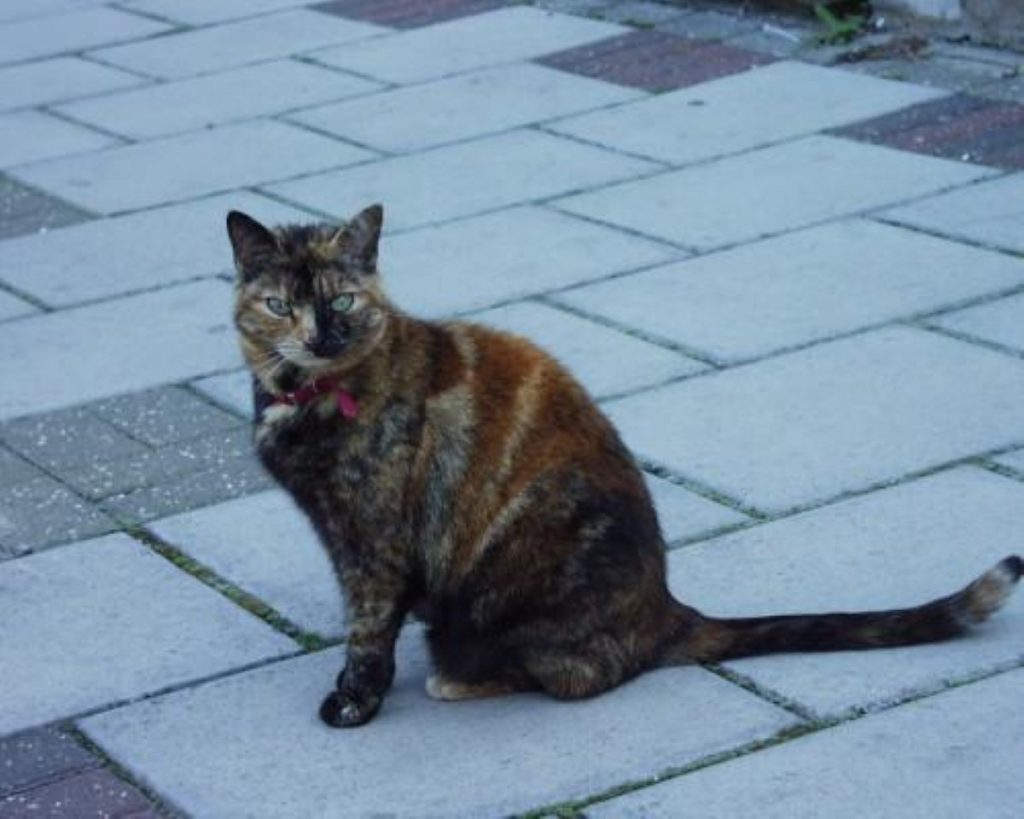New animal welfare reforms published
The Government has published plans for a radical shake up of the animal welfare laws.
The draft Animal Welfare Bill, from the Department for Environment, Food and Rural Affairs (DEFRA) is the first comprehensive update of animal welfare laws for a century and will “consolidate and modify over 20 pieces of animal welfare legislation relating to farmed and non-farmed animals.”
A key reform is the inclusion of a “duty of care” clause to compel pet owners to look after their pets according to good practise- similar regulations already existed for farmed animals.
In an unexpected move the Bill will also impose a ban on “mutilations” including tail docking of dogs with “exceptions only where there are welfare or good management reasons for the mutilation.”


The Kennel Club has been campaigning against such a move arguing that the decision should be left between the breeder and their vet.
Explaining the proposals, Animal Welfare and Health Minister Ben Bradshaw said: “This is the most comprehensive review of the law on pets for a century and will set the framework for the next century.
“We recognise that the existing animal welfare legislation does not allow effective action to be taken where a pet, although not currently suffering, is being kept in such a way that suffering will probably occur at some future point. This is clearly not satisfactory.”
Moving on to specific provision in the Bill, Mr Bradshaw said: “The Bill also introduces into our law a clear definition of cruelty against an animal and provides those responsible for enforcing the law with the powers needed to deal effectively with people who ill treat or neglect animals in their care.
“The Bill will also provide powers to introduce secondary legislation and Codes of Practice to protect the welfare of non-farmed kept animals. This enabling power is already available for farmed animals and our aim is to ensure that in future all domestic and captive animals will be protected by legislation that can be easily revised to take account of changing welfare needs and increased scientific knowledge.”
Mr Bradshaw firmly scotched rumours that the Bill will have an effect on gardeners, saying: “What this Bill does not do is threaten a gardener who kills a slug or steps on a snail with a £20,000 fine. As a keen gardener, I am a regular drowner of slugs in beer. This Bill applies to vertebrates only and only to vertebrates in the care of man.”












